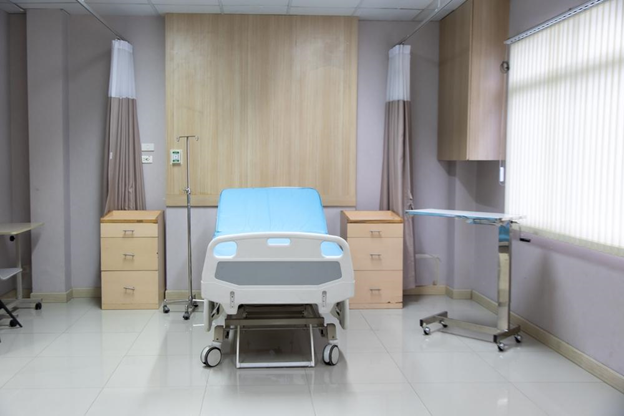How EMR Data Empowers Personalized Allergy Treatment

Allergies can turn a walk in the park into a symphony of sneezes and itchy eyes. But what if there was a way to manage allergies more effectively with a treatment plan tailored specifically for you? The answer lies in the power of Electronic Medical Records (EMR) and the expertise of allergy doctors.
The Benefits of Personalized Allergy Care
Traditionally, allergy management might involve a trial-and-error approach with medications. However, with EMR Philippines systems, allergologists in the Philippines have access to a wealth of patient data, paving the way for personalized allergy care.
Detailed Patient History
EMRs store a comprehensive record of your medical history, including past allergy diagnoses, medications you’ve tried, and the effectiveness of those treatments. This allows allergologists to identify patterns and trends, tailoring treatment plans to your unique needs.
Targeted Testing
EMR data can guide allergy doctors in selecting the most appropriate allergy tests. Skin prick tests or blood tests can pinpoint the specific allergens triggering your reactions. This targeted approach avoids unnecessary testing and streamlines the diagnosis process.
Tracking Triggers and Symptoms
EMRs allow you to record your allergy symptoms and potential triggers, like dust mites or pollen. This information helps allergologists identify patterns and develop strategies to minimize exposure or manage symptoms more effectively.
Building a Personalized Treatment Plan
Once allergologists have a clear picture of your allergies, they can develop a personalized treatment plan. This might include:
- Allergen Avoidance: By understanding your triggers, you can take steps to minimize exposure. For example, if you’re allergic to dust mites, using allergen-proof mattress covers and washing bedding regularly can significantly reduce symptoms.
- Medication Management: EMRs allow allergologists to track your medication history and identify the most effective options for managing your symptoms. This could include antihistamines, nasal corticosteroids, or even immunotherapy (allergy shots) for long-term relief.
- Long-Term Monitoring: EMRs facilitate ongoing communication and monitoring. You can easily share updates on your symptoms with your allergist, allowing them to adjust your treatment plan as needed.
Conclusion
The Philippines is embracing the power of EMRs to revolutionize allergy care. By leveraging patient data, allergologists can create personalized treatment plans, empower patients to manage their allergies, and ultimately, improve their quality of life. So, if allergies are disrupting your day, talk to an allergy doctor and explore how EMR-driven personalized care can help you breathe easier.
Learn more about how EMR systems in medical clinics can help address allergy conditions as you check out SeriousMD—a telemedicine, EMR, practice management solutions provider based in the Philippines.







